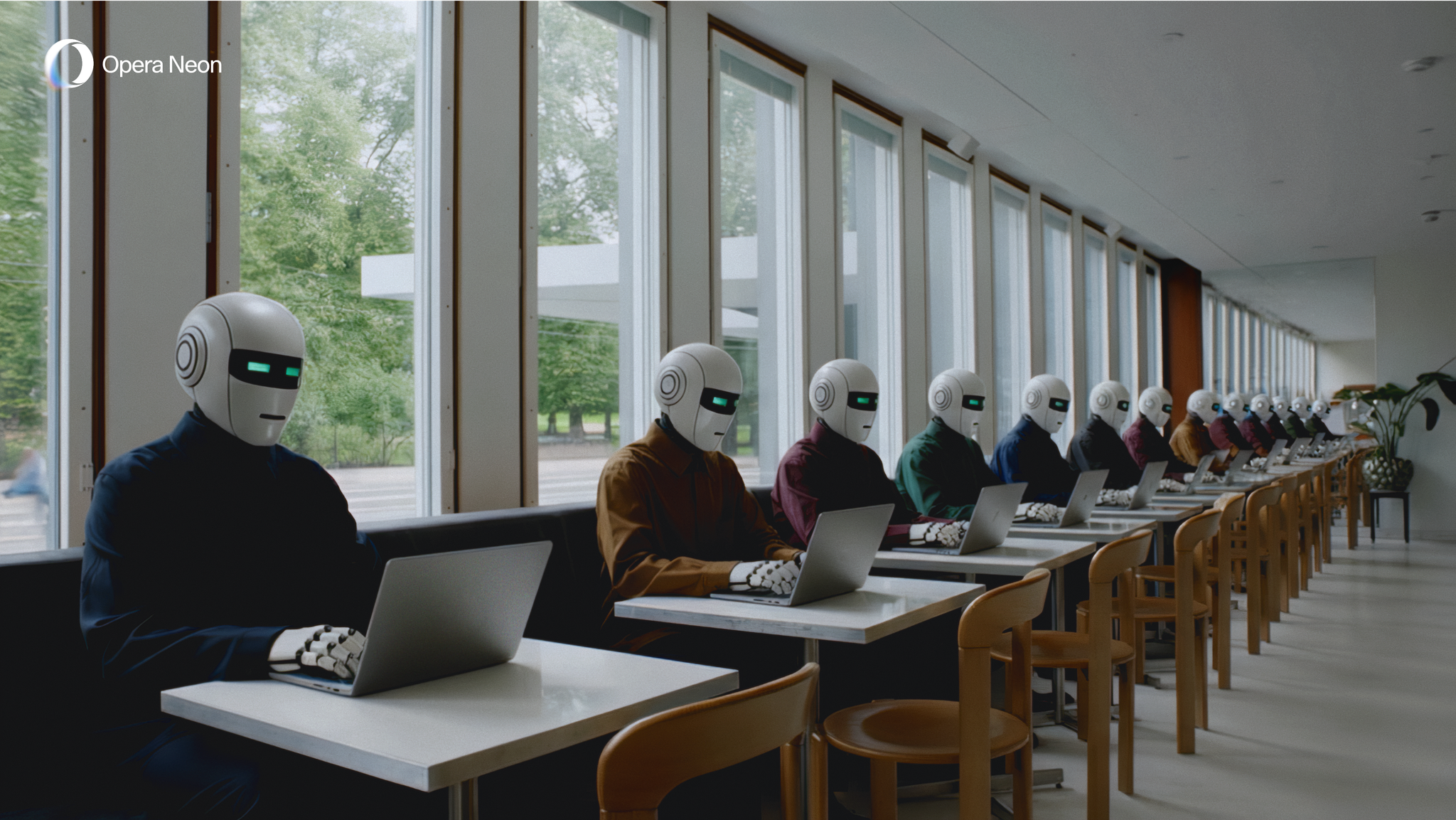Opera Neon AI Browser Turns Web Browsing Into a Creative Workspace

Key Points
- Opera Neon combines AI chat, task automation, and simple web‑page creation in one browser.
- Users built a custom TechRadar RSS feed and a curated RPG game list in minutes.
- Chat works like typical AI assistants; Do performs browsing tasks; Make lets users create and host pages.
- The browser can be slower than competitors and drops tasks if the computer sleeps.
- Neon requires a $20/£20 monthly subscription and is currently in early access.
- It shifts browsing from consumption to creation, aiming to replace parts of productivity apps.
Opera Neon is an AI‑powered browser that blends chat, task automation, and web‑page creation into a single experience. Reviewers found the interface intuitive, using built‑in AI to generate a custom TechRadar RSS feed and a curated list of top RPG games in minutes. While Neon offers a novel shift from passive browsing to active creation, it suffers from occasional slowness, interruptions when the computer sleeps, and a $20/£20 monthly subscription. The early‑access product shows promise for the future of agentic browsers despite current limitations.
Overview
Opera Neon positions itself as an AI‑driven web browser that does more than display webpages. Marketed as a browser "built to act," Neon integrates three core concepts—Chat, Do, and Make—allowing users to converse with an AI, delegate browsing tasks, and build simple web projects without leaving the browser.
Core Features
The Chat component functions like a typical AI chatbot, similar to ChatGPT Search, enabling users to ask questions and receive conversational answers. Do extends the browser’s capability by performing actions on the web, akin to the task‑completion style of Perplexity’s Comet, where the AI navigates tabs and completes tasks while the user focuses elsewhere. Make provides a lightweight development environment that lets users create and publish small webpages hosted on Opera’s servers, pulling data directly from open tabs.
User Experience
In practice, reviewers used Neon for roughly 48 hours and built two projects: a personalized TechRadar RSS feed and a curated list of the 20 best‑reviewed RPG games on PC. The RSS feed was assembled in about 10 minutes by telling the browser what sections to include, resulting in a clean page with headlines, summaries, and links. The gaming list combined Metacritic scores, playtime data from HowLongToBeat, and current Steam prices, all generated without external tools.
Performance and Limitations
While the AI assistance feels seamless, Neon can be slower than competing AI browsers, and tasks are interrupted if the computer enters sleep mode, requiring users to restart the process. The Make interface may confuse new users, and more complex layouts or live data exceed current limits. Additionally, Neon is not a free product; it requires a $20/£20 monthly subscription, positioning it as a premium alternative to standard browsers like Chrome.
Potential Impact
Neon represents a shift from browsers as passive windows into the internet toward browsers as active workspaces. By embedding creation tools directly into the browsing experience, it aims to replace portions of productivity apps, encouraging users to think in projects rather than isolated pages. Although still in early access and bearing notable quirks, Neon’s emphasis on AI‑driven creation could shape the next generation of web browsers.